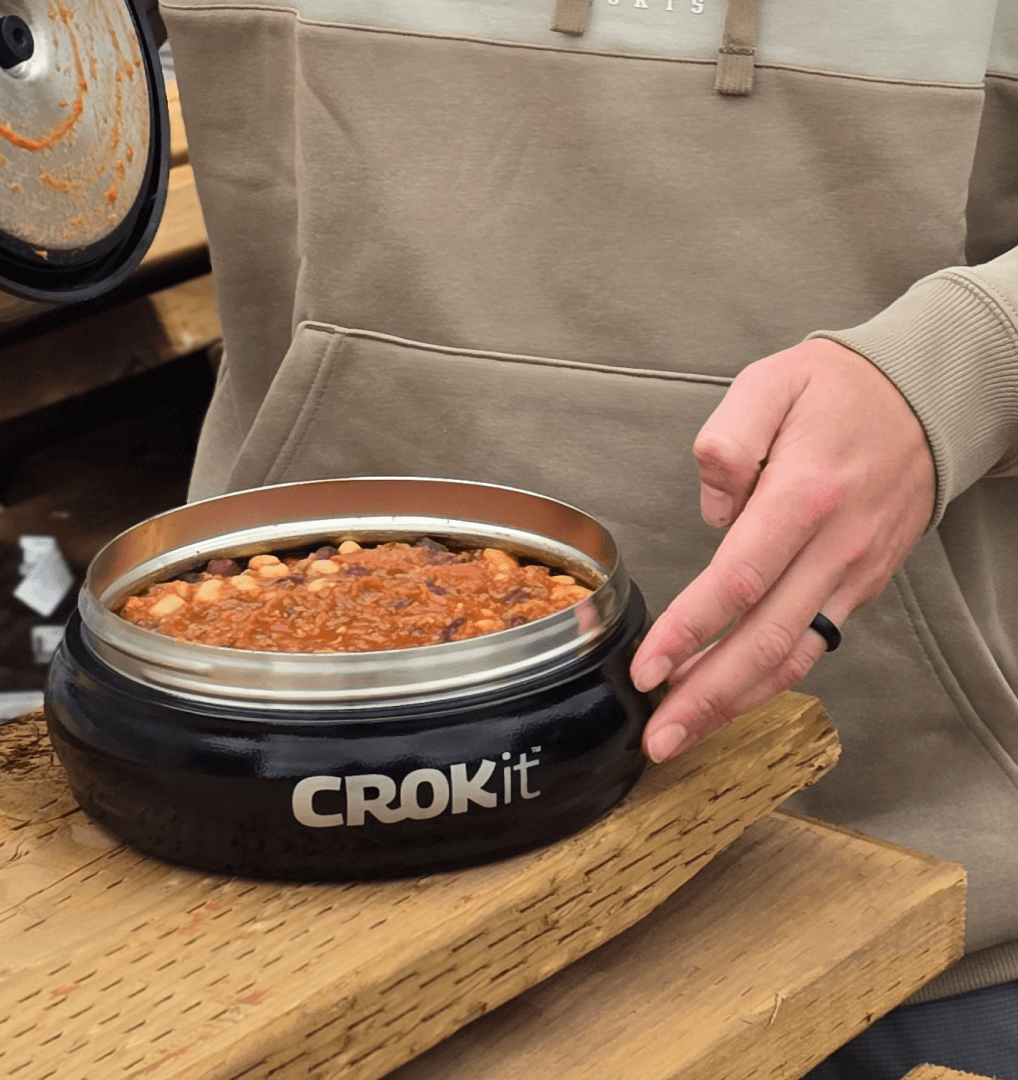Sustainability & Lifestyle
Sustainable Meal Prep: How Small Changes Can Make a Big Impact
Sep 26, 2024
In our fast-paced world, convenience often takes precedence over sustainability. From single-use plastics to disposable meal containers, our daily choices can contribute significantly to environmental degradation. But what if the path to a more sustainable lifestyle starts with something as simple as meal prep? Let’s explore how small changes, like switching to reusable food containers, can lead to significant environmental and personal benefits.
The Problem with Single-Use Plastics
Did you know that over 380 million tons of plastic are produced globally each year, with approximately 50% designed for single use? Single-use plastics, like disposable meal containers and utensils, often end up in landfills or the ocean, taking hundreds of years to decompose. This not only impacts marine life but also introduces microplastics into the food chain, affecting human health.
When you choose sustainable meal prep practices, you’re actively reducing this waste. For instance, using reusable containers like the CROKit bowl can replace hundreds of single-use alternatives in just one year.
The Case for Reusables: Why Small Changes Matter
Switching to reusable foodware isn’t just about being eco-conscious—it’s about creating habits that are better for you and the planet. Here’s why:
1. Reduced Waste: Each reusable bowl or container replaces countless disposable ones. Over time, this can save money and significantly reduce your carbon footprint.
2. Cost-Efficient: While reusable options might seem like an investment upfront, they pay off by eliminating the recurring costs of disposable containers.
3. Durability and Safety: High-quality reusable options, like double-walled stainless steel containers, keep your food at the right temperature and are often safer than plastics, which can leach chemicals.
Building Sustainable Meal Prep Habits
Transitioning to sustainable meal prep doesn’t require drastic changes. Here are some practical tips to get started:
1. Plan Your Meals
Meal prepping not only reduces food waste but also helps you make healthier eating choices. Start by setting aside time to plan your week’s meals. Opt for ingredients that are locally sourced or in season, as they have a lower environmental impact.
2. Invest in Reusable Containers
Choose food containers that are durable, leak-proof, and thermally insulated. Look for FDA-approved, BPA-free options to ensure safety. The CROKit bowl, for example, is designed with advanced thermal technology, making it perfect for both hot and cold meals.
3. Say Goodbye to Plastic Wrap
Replace plastic wraps and ziplock bags with alternatives like beeswax wraps or silicone storage bags. They’re reusable, versatile, and easy to clean.
4. Carry Reusable Utensils
If you often eat on the go, consider keeping a set of reusable utensils in your bag. Bamboo or stainless steel options are lightweight and eco-friendly.
5. Compost Food Scraps
Instead of throwing away food scraps, compost them. This reduces landfill waste and creates nutrient-rich soil for your garden.
The Ripple Effect: How Your Choices Inspire Others
Sustainability is contagious. When you bring your reusable containers to work or use them at family gatherings, you inspire others to do the same. Small actions, when adopted collectively, can lead to substantial environmental impact. For example, if just 10% of North Americans switched to reusables, it could prevent millions of tons of waste each year.
Beyond Meal Prep: The Broader Impact of Sustainability
Choosing sustainability doesn’t stop at meal prep—it extends to all aspects of your lifestyle. Whether it’s using energy-efficient appliances, opting for public transportation, or supporting eco-friendly brands, every choice matters. As the saying goes, “We don’t need a handful of people doing zero waste perfectly. We need millions of people doing it imperfectly.”
A Greener Tomorrow, One Meal at a Time
Sustainable meal prep is about more than reducing waste; it’s about taking small, actionable steps toward a healthier planet. By incorporating reusable foodware, planning meals thoughtfully, and choosing eco-friendly alternatives, you can make a difference—not just for the environment, but for yourself and future generations.

